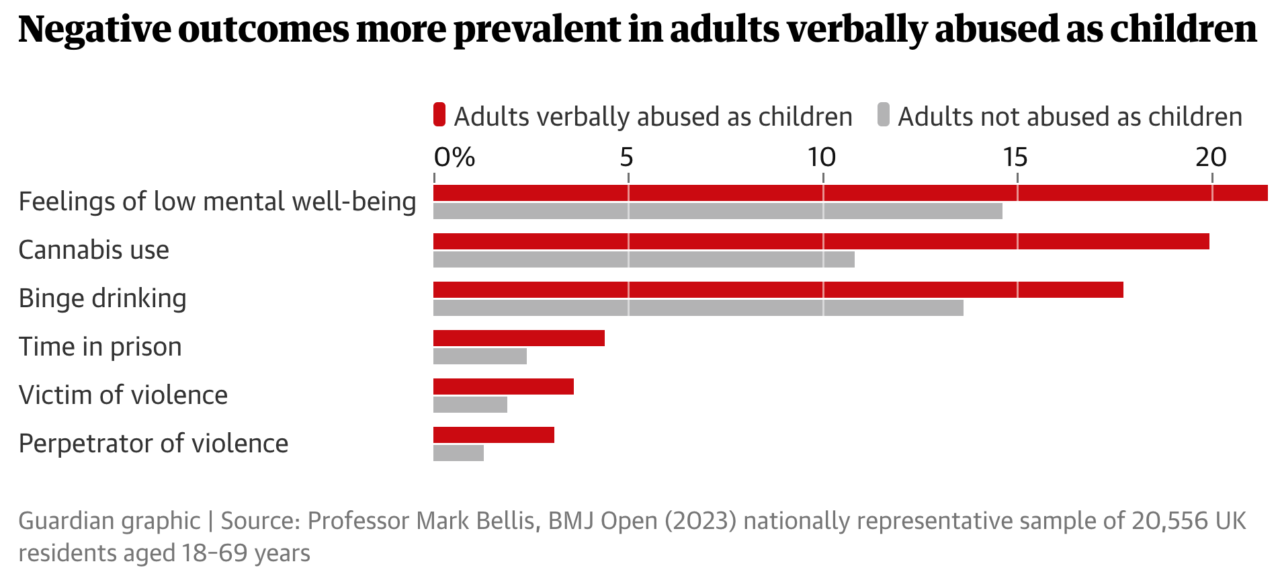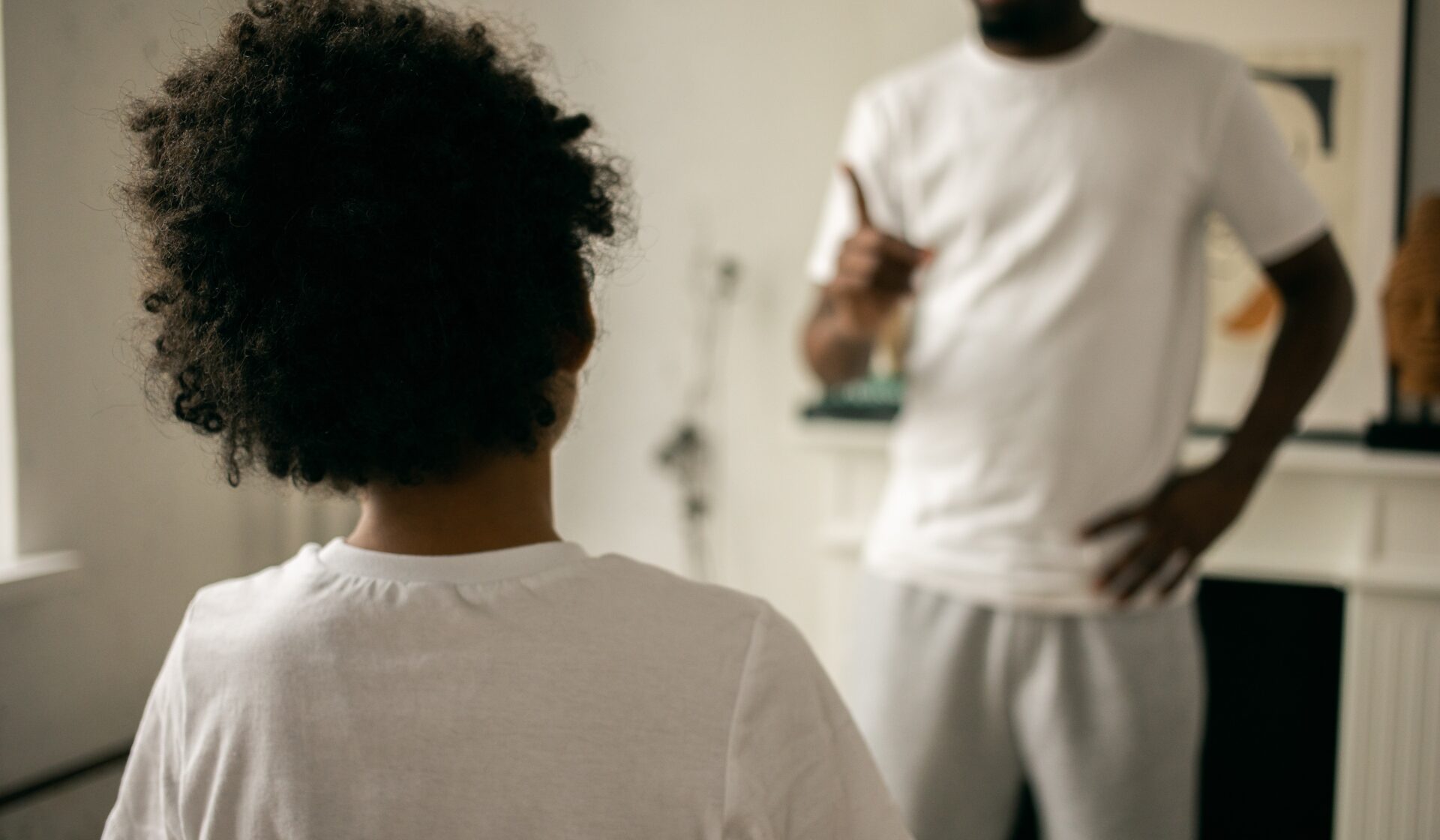New research claims that shouting can be as damaging to children’s development as sexual and physical abuse. It warns that young people exposed to hostile parenting early on are more likely to self-hr, use drugs, and commit crimes.
According to a recent study published in Science Direct, shouting at, denigrating, or verbally threatening children can be as damaging to their development as sexual or physical abuse.
For this reason, the authors – who examined the impacts of such behaviour by reviewing existing evidence – believe that speaking harshly to young people should also be recognised as a form of abuse, particularly because it increases kids’ risk of mental health issues by 50 per cent.
These include anxiety, social withdrawal, impulsiveness, aggression, and hyperactivity.
‘We are not for a moment suggesting that parents should not set firm boundaries for their children’s behaviour, but it is difficult to justify frequent harsh discipline, given the implications for mental health,’ says Jennifer Symonds.
‘The fact that one in 10 children were in the high-risk category for mental health problems is a concern and we ought to be aware of the part parenting may play in that.’
The research additionally uncovered that hostile parenting early on puts young people at greater risk of self-harm, substance use (19.9 per cent), and committing crimes (4.4 per cent) later down the line.

‘These types of adult actions can be as damaging to a child’s development as other currently recognised and forensically established subtypes of mistreatment such as childhood physical and sexual abuse,’ it reads, stating that more children experience verbal abuse than sexual or physical abuse, with the number of those who encounter it as high as 40 per cent (and growing).




















